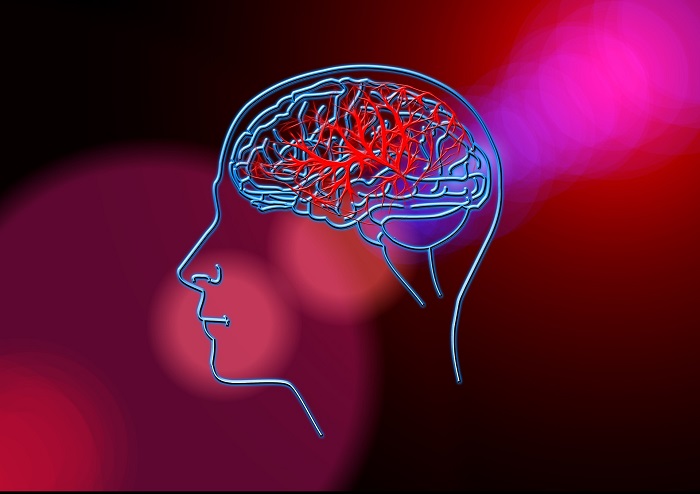Atrial Fibrillation (AF) and You
- 0About this program
- 1What is AF?
- 2AF and You
- 3Causes of AF
- 4Symptoms of AF
- 5AF-related stroke
- 6Anticoagulation Therapy
- 7Treatment Options for AF
- 8Healthy Living and AF
- 9Living with AF
- 10How we can support you
Content on HealthUnlocked does not replace the relationship between you and doctors or other healthcare professionals nor the advice you receive from them.
Never delay seeking advice or dialling emergency services because of something that you have read on HealthUnlocked.
AF-related stroke
AF-related stroke

The main risk associated with AF is stroke. This occurs because the atria are fibrillating and not beating in a co-ordinated way. As a result, the blood in the atria can become stagnant and then does not flow through the heart smoothly.
This causes blood cells to stick together and form a clot which can travel (embolise) to the brain and result in a stroke.
Having an uncontrolled fast heart rate for long periods of time (weeks or months) can damage the heart and you should check with your doctor that your heart rate is controlled adequately. In extreme cases, often when the rate is very fast or when it happens in a damaged heart, AF can cause heart failure, which means that the heart becomes weak as a result of the rapid rhythm. As the heart weakens, there can be a build-up of pressure back into the lungs and this affects the normal breathing pattern.
In general, AF is not considered a life-threatening condition, as long as it is treated appropriately.
Watch video: AF and how AF causes stroke
Content on HealthUnlocked does not replace the relationship between you and doctors or other healthcare professionals nor the advice you receive from them.
Never delay seeking advice or dialling emergency services because of something that you have read on HealthUnlocked.